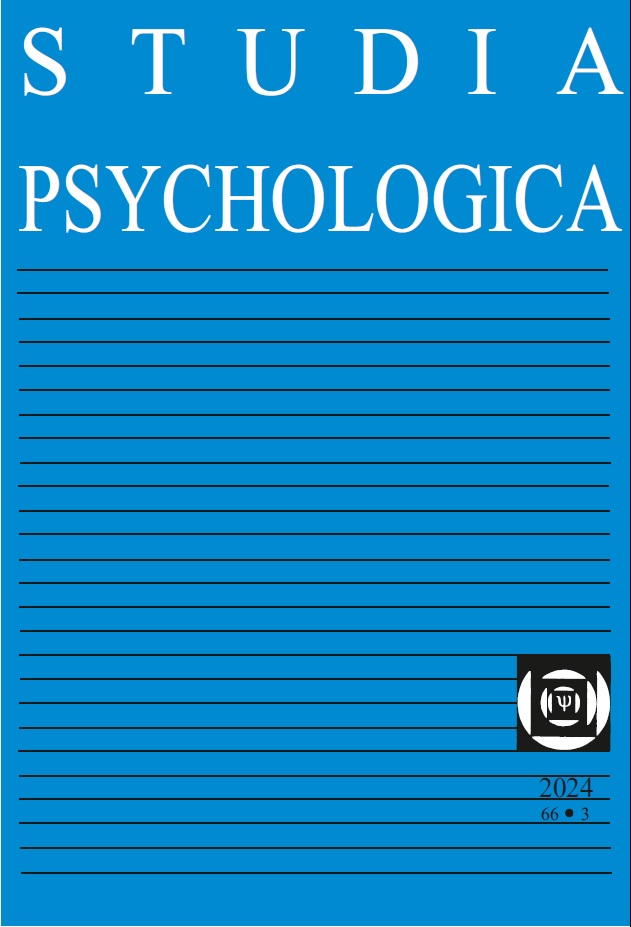Similarity, Contact, and Positive Attitudes toward Peruvians: Mediation of Symbolic and Realistic Threats
DOI:
https://doi.org/10.31577/sp.2024.03.898Keywords:
similarity, contact, threat, attitudes, migrationAbstract
In intergroup relationships there are different explanations of positive attitudes toward outgroups. The present study examined a model that included some of these explanations that were not considered together previously. Based on the similarity-attraction hypothesis, contact hypothesis, common ingroup identity model, and intergroup threat theories, we expected a positive effect of perceived similarity and contact quality and quantity on positive attitudes toward Peruvians, with the mediation of perceived symbolic (identity) and realistic (employment) threats. We hypothesized that contact quality would have a stronger effect than quantity on positive attitudes and perceived threats. Using data from an open Chilean survey (N = 944), the results supported the effect of perceived similarity and contact quality and quantity on positive attitudes toward Peruvians, with the mediation of perceived symbolic and realistic threats, except for the effect of contact quantity on positive attitudes. As expected, contact quality promoted more symbolic and realistic threats than contact quantity, but did not lead to more positive attitudes. Tentative explanations for the differential effects of contact quality and quantity and the limitations associated with the sample and data analysis are discussed.
Downloads
Published
Issue
Section
License
Copyright (c) 2024 Studia Psychologica

This work is licensed under a Creative Commons Attribution-NonCommercial 4.0 International License.


